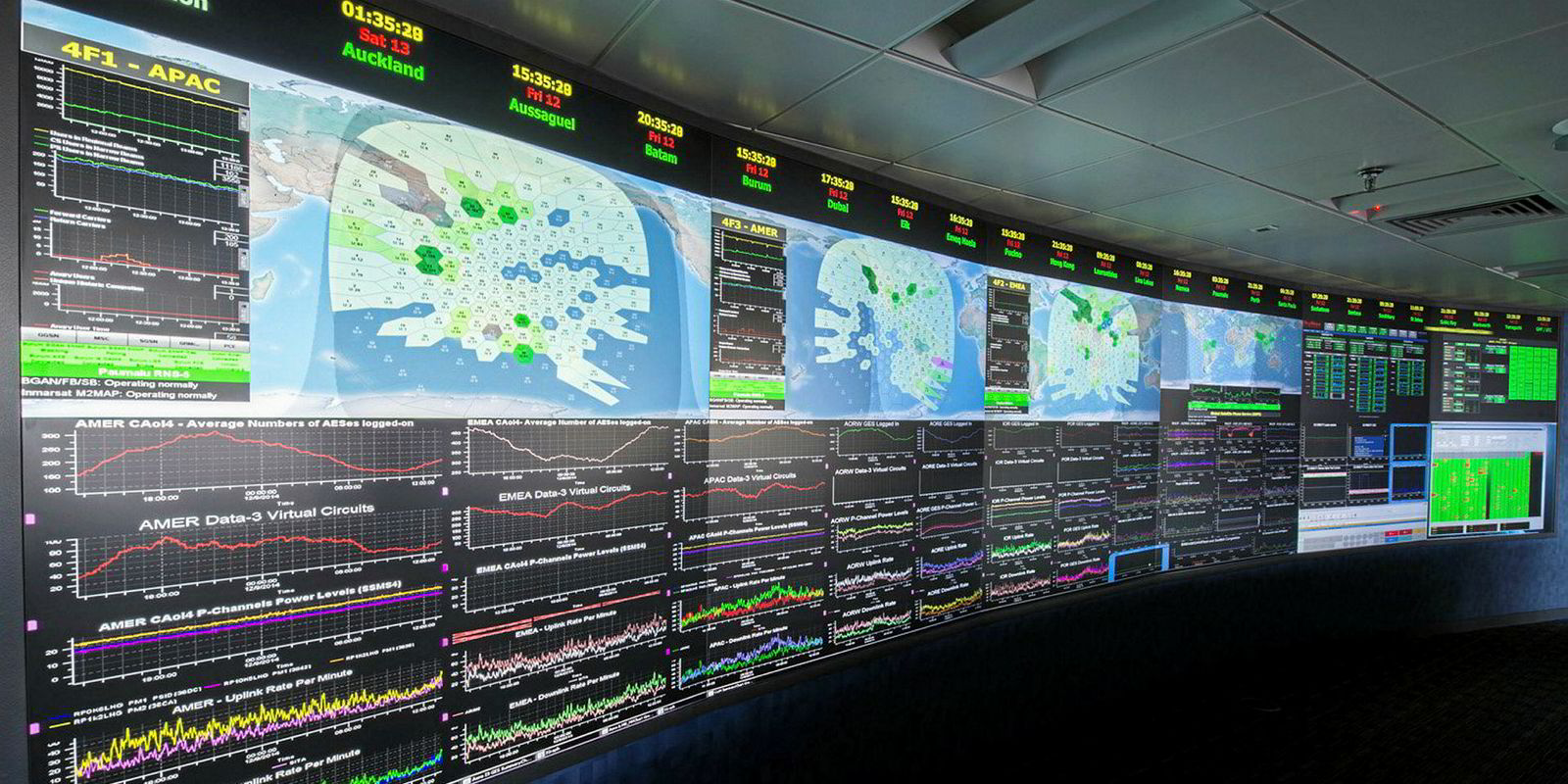Cyber-threats in the maritime industry pose serious risks to the world outside of shipping, including the global economy, experts say.
"How would world trade be affected?" Bimco chief shipping analyst Peter Sand asks. "Only your imagination sets the limits."
He says a cyber-attack can be disastrous for an individual shipping company by making cargo literally "out of control", although shipping’s fragmented nature protects it from more widespread impact.
"The shipping industry is not such an interconnected network that it will all break down if one attack 'pulls the central plug'," he tells TradeWinds. "But naturally, doing business requires telecommunications of all kinds ... and a well-functioning ship."
New guidelines
Bimco has published a 51-page report entitled The Guidelines on Cyber Security Onboard Ships on how the maritime industry can deal with cyber-threats.
Sand says even the slightest disruptions to world trade following a cyber-attack could cause loss of momentum in the global economy.
"Just see the results of the trade war on global economic activity as revised by the IMF [International Monetary Fund] today," he says. "It's a massive negative if cyber-crime stops the world from trading with one another."
At the same time, the costs associated with cyber-attacks on shipping companies will likely be passed onto customers and then, ultimately consumers, CSO Alliance director Mark Sutcliffe says.
"There may be also a loss in confidence in the shipping company involved, depending on the scale and duration of the attack and consequential loss," he says.
Markus Schmitz, managing director of Cypriot IT services company SOFTImpact, says, in the end, these attacks end up costing the shipping sector and other industries billions of dollars in recovery.
Sparking discussion
"Every incident is sparking a discussion sooner or later, contributing to demand by customers for higher protection and, in final conclusion, leading to regulation on the topic," he says.
As such, the Oil Companies International Marine Forum and maritime risk manager RightShip have added cyber security to its Tanker Management and Self Assessment programme.
Trade may be slightly affected by shippers moving cargo by other means that are seen as more secure, such as AP Moller-Maersk spending "serious money" to ship by air during the June 2017 NotPetya attack, Sutcliffe says.
He adds that an attack may not impact world trade but may cause local shipping costs to rise by disrupting vessel operations.
"It depends entirely on the scale of attack and company targeted," he says.
Still, an incident could prevent the shipment of vital supplies to critical areas, thus putting people's lives at risk, he adds.
Fragmented industry
Schmitz insists shipping's fragmentation will probably prevent a cyber-attack's widespread impact to the world economy.

"There are literally hundreds of shipyards, more than 20 Ecdis [electronic chart display and information system] vendors, multiple bridge and engine vendors," Schmitz says. "This is not the airline industry, where more or less two vendors — basically Boeing and Airbus — domineer the market. As a consequence, it is very unlikely that a wider section or capacity of worldwide shipping will be hit at the same time."






